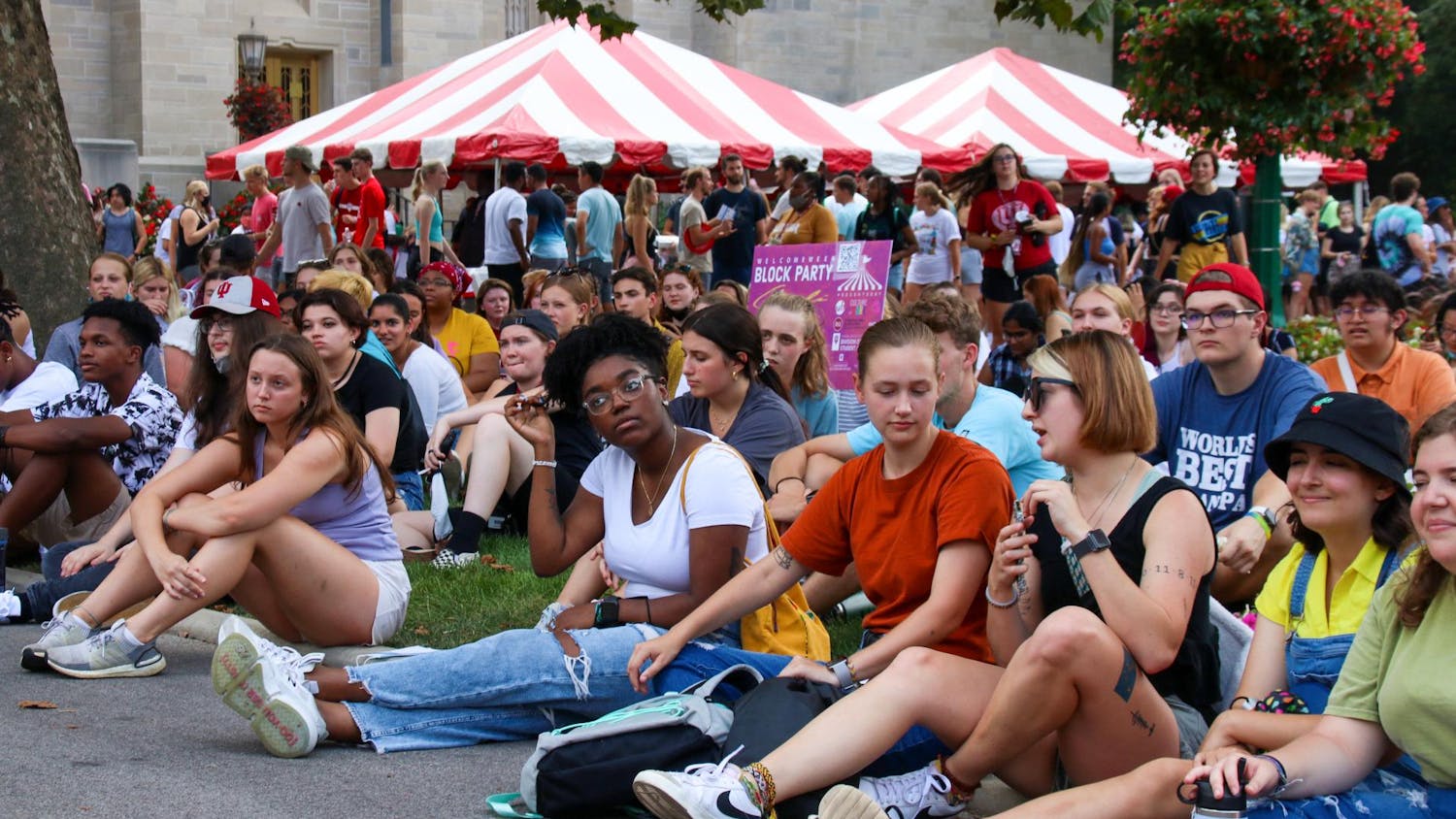Breathing deeply as she pulls out a chair, graduate student Jenifer Lasimbang sits with a sigh. She has been walking through campus not only to attend class and meetings, but to get in shape -- and to prepare for her return home to Borneo in Malaysia. There, the hills turn into mountains, and beaches meet rainforests. Lasimbang must be ready for the change in walking distance and terrain. \nThis summer will be a busy time for many IU students from Malaysia. While Lasimbang works on a summer project of bringing computers into rural areas, other members of IU's Malaysian Student Association will participate in the Midwest Games May 24 and 25 at Purdue University. Another MSA member will head home to model, and incoming freshmen will spend the summer filling out paperwork to come to IU.\nSince 1970, the Midwest Games have gathered Malaysian students from the Midwest. This year, more than 900 students will attend a dinner and cultural show, participate in sports, including basketball, soccer, badminton and volleyball, and meet new people and see familiar faces. \n"I think the main reason they come here is because they want to meet their friends," said Purdue sophomore Anwar Ahmad, director of this year's games. "They are probably from the same school back in our country, but when they came (to the United States) they got separated."\nOther students will immediately return to Malaysia. In her hometown of Kuala Lumpur in Selangor, Malaysia, freshman Bahiyah Akip will maintain a social life and work as a model. She has modeled for fashion and bridal magazines, art shows and a cell phone company. This summer she hopes to model for hair products, such as Pantene.\n"I am not a big model or something," Akip said with a laugh. "I just started and it takes a lot of effort, time and contacts to make it in the modeling business. It is just something I really love to do and besides, the payment is good too." \nLasimbang, the 11th of 13 siblings, is one of three IU students from Sabah, Malaysia, in northern Borneo, "where the orangutans and the rainforests are," she said. Malaysia does not provide much higher education, so Lasimbang pinpointed U.S. schools that taught what she was interested in. Lasimbang, who is seeking a degree in human-computer interaction from the School of Informatics, will spend her summer finishing her thesis project -- helping rural communities gain access to computers. \n"You have to get them interested, train them in how to use the computer, and then hopefully the community will take it from there," Lasimbang said. "But some of these communities are not accessible by road and have no electricity…it's like being in the Amazon."\nWhile the mainland Malaysian peninsula consists primarily of three ethnic groups (Malays, Indians and Chinese), the Sabah Tourism Board estimates more than 30 ethnic groups exist on Borneo. Lasimbang plans to help set up technology centers in at least two communities.\nWhile Lasimbang has big plans for returning to Malaysia, high school students are planning to depart the country. In order to enroll at IU, Malaysian students have to go through an extensive process. \nIU's Office of International Services evaluates Malaysian students' applications. In Malaysia, students must apply for a visa at a U.S. Embassy's Consular Section. According to the U.S. Embassy in Malaysia, "to qualify for a non-immigrant visa, you must also show strong financial, social, and family ties to Malaysia, which compel your return after a temporary stay in the United States." \nMSA President Mazri Mahmood, a junior, said the government, a private company or the student's own expenses can finance a student. Students who use their own expenses do not have to prove they will return. Once a student has the mandatory paperwork, he or she can travel to the United States.\n"It was really hard (when we first came here)," said Mahmood, who arrived in the United States in 2001. "When we came here our English was not that good. We weren't feeling too comfortable mixing with other people. If we have help from people that speak our own language, we feel comfortable and it helps us very much."\nSome students might be concerned about traveling because of the spread of SARS and possible terrorist attacks.\n"We're not hearing anything that will make us worry, but one doesn't know what will happen between now and orientation," said Jenny Bowen, foreign student adviser at IU's Office of International Services. "I know there are probably a number of students who are concerned, but right now we haven't heard anything that would make us worry"
Students from Malaysia have busy summer plans
Some will attend Midwest Games, others will try to enroll at IU
Get stories like this in your inbox
Subscribe



